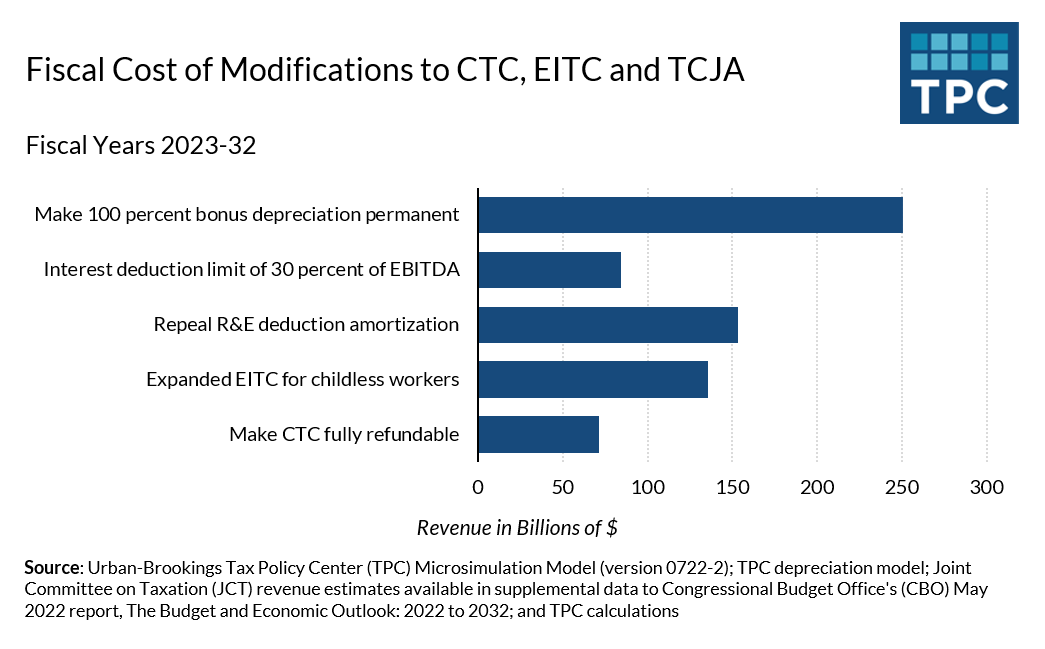Understanding IP Matters: Rising to the China Challenge
In the United States, our ability to innovate drives our economic advantage. Have policymakers taken that for granted? To find out, Bruce Berman, founder of the Center for Intellectual Property Understanding, interviewed renowned professor David Teece and Patrick Kilbride of the Global Innovation Policy Center of the U.S. Chamber of Commerce in Episode 6, Season 2 of Understanding IP Matters.
Their wide-ranging conversation explores the relationship between intellectual property rights, investment, and the rule of law.
Key Responses
A search for ‘innovation policy’ doesn’t reveal very much. What’s the history of innovation policy in the United States, or the world, if you will, and what does it have to do with intellectual property?
David Teece: “In the United States, we sort of do have an innovation policy. It’s not a top down one, it’s sort of a little bit bottom up. Sadly, it’s not prioritized except sporadically, nor is it aligned.
You’ve got various agencies, the National Science Foundation, even the Department of Commerce, DARPA, that would claim that they’re making significant contributions. On the other hand, you’ve got various agencies that are very much — even though they wouldn’t say so — anti-innovation…..
There’s no one in Washington standing up for innovation. We have a science advisor to the president; we don’t have an innovation advisor. We need an innovation czar, in my view, to put the hand across and at least articulate the importance of having a coherent innovation policy. We’ve done okay, partly because of universities and other institutions, and the corporations of course, have been champions of innovation. The venture capital community has helped bring it to market. They don’t do much for early-stage activities. I fear in many cases we’re eating our seed corn.
I think you do raise an important point. There should be someone in every government agency and elsewhere who is championing innovation. It is certainly a much- used term, but in terms of policy priority, it doesn’t get as much attention as it needs.”
Patrick Kilbride: “When I think about innovation policy, I’m thinking about those set of legal, economic and policy factors that enable the fluid exchange of ideas and knowledge-related assets throughout that ecosystem in order to get more innovation, more legitimate technology transfer and continued progress.”
The U.S. Chamber encourages businesses to rely on IP rights for economic growth to create jobs. How does IP play a role?
Patrick Kilbride: “We always think intellectual property should be viewed from the beginning of the innovation equation. If you have a solid foundation of IP, a rule of law environment for business where those rights are predictable, transparent, reliable, and reliably enforced, then businesses can make investments on a long-time horizon.
You see those resource-intensive high-risk investments being made because they know that on the back end they’ll have the associated rights that enable them to commercialize. When you do that, then you have all these different stakeholders in the ecosystem come to the table and enter partnerships because they have a basic measure of value invested in that intellectual property, right?
Which enables them to agree: You’re bringing this to the partnership, I’m bringing that. We’re each agreeing on the value that we’re going to place on it. Whether we’re right or wrong about that value, you’re going to agree to it, and that’s what enables collaborations and partnerships to go forward. That’s kind of the essence of the ecosystem, right?”
David Teece: “Building on what Patrick has said, we should distinguish between value creation and value capture. All of the various government actions we’ve talked about so forth, particularly on the funding side, are about supporting value creation. But you can’t keep creating value in the private sector unless you can also capture value —and that’s where IP rights come in. It’s not the only way… but it’s critically important. And in my view, more and more important with globalization, because the speed and thoroughness of imitation has gone up dramatically.”
More Highlights
Listen to the entire episode to learn more about the intersection of policy, innovation, and intellectual property, including:
— The many different definitions of what ‘IP’ is;
— The urgent need to prioritize value capture when idea theft is easier than ever;
— The importance of raising IP standards globally;
— And why knowledge-related assets need to be examined from a broader lens.
Madeleine Key
Madeleine Key has been writing about intellectual property, inventing, and entrepreneurship for more than 15 years. As a ghostwriter, her work has appeared online in The New York Times, TIME, […see more]






